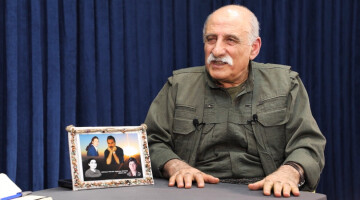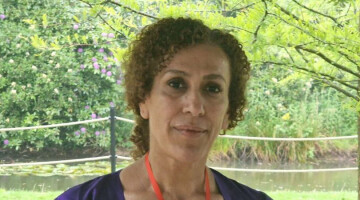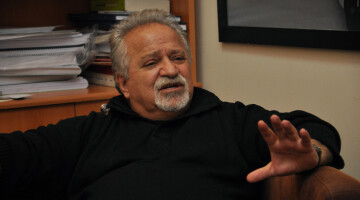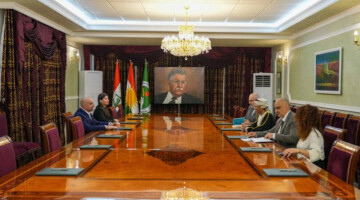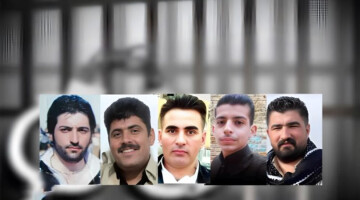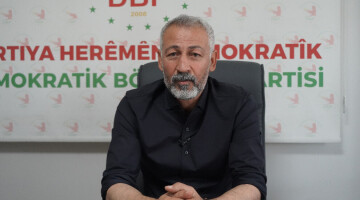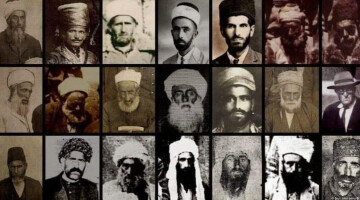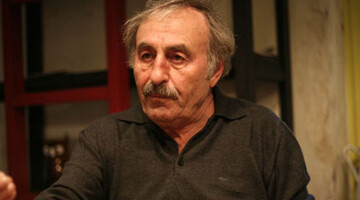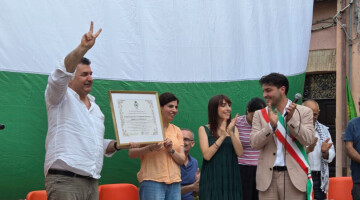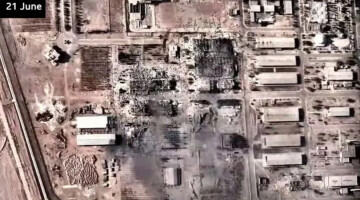It was a sad December 24 before the evening of food and presents. The assassination in the middle of Paris at the Kurdish cultural centre of three political activists, including the president of the Kurdish women of France, raised the heart with anger, disgust and sadness.
At the meeting point proposed by the community leaders, a few of us were available on that date in Paris. You will no doubt have followed all this. I come back to this to express an impression of extreme unease at what I have seen and heard. The murder of the three Kurdish leaders, which has remained without an arrested culprit for ten years, was already an episode that leaves a strange shadow around everything that is happening in France with the Kurds. The case has remained open despite the imminence of its planned closure. This is only thanks to the determination of the lawyers who were able to find the loopholes in the legal logic of the closure. But why has the 'defence secrecy' still not been lifted ten years later? And why this 'defence secrecy'?
Obviously, nothing can be considered without thinking of Turkey. Under Erdogan, whom the newspaper "Le Monde" described as a "moderate Islamist" when he won the elections in his country, we have known nothing but repression, murders and political trials against the democratic political currents in Turkey. In spite of all the difficulties, the latter have been able to recover from the threats and the constant violence and harassment of the authorities. Over the years, since the Left Party, the Insoumise has been faithful companions in this struggle. Jean-Christophe Sellin and Éric Coquerel have been present at all the trials of the leaders of the democratic political coalition (HDP). And, here in Paris, the same goes for the high points of the mobilisations, whether for the commemorations of the assassinations or at the time of the fight in Syria against Daesh.
At that time, Mathilde Panot and Danièle Obono went to Rojava in Syria. At the Paris Council, Danielle Simonnet raised the issue of the collusion of the firm Lafarge paying a tithe to Daesh to keep its cement plant in Syria in the area of the so-called caliphate. At first it was on its own until the scandal could no longer be contained and the company's directors were indicted. In the European Parliament, our MEPs took action to stop the scandal of the classification of the PKK as a "terrorist organisation". This is the situation according to Erdogan's wishes and to please NATO, of which Turkey is a member.
Like other members of our group, I took part in what has become over the years one of the long-term identity battles of our political family. On the 24th of December, there was a rally at the Place de la République and we were a delegation. Éric Coquerel asked me to speak on behalf of all of us so that it would project the strength of all our representativeness in support of the demonstration against the murder of the Kurdish cultural centre.
I presented the demands of our parliamentarians and our action committee on the subject: total lifting of defence secrecy on the file from ten years ago, referral to the anti-terrorist prosecutor's office on the assassinations of 23 December. An investigation is underway. It is true. But our experience and that of many activists from all sides present on this occasion also has its value. It has been proven that the expertise of activists in international matters is worth the approximations of those who discover the files without a single day of practice of the events, the environments or the habits of the protagonists. It is undoubtedly this type of deficiency that explains why the Kurdish women's president, who was a former fighter wounded at the front, was refused political asylum. No one would believe that anti-communism, or the classification of the PKK as terrorist, or the desire not to have a history with Erdogan and Turkey was the reason for this police decision.
That is why we have decided to say in this public forum what we think, straight out. We do not believe that the assassin happened to be at the time and place of a meeting of Kurdish women to prepare for the commemoration of the assassination of the three Kurdish women leaders ten years ago. That he is psychologically disturbed is certainly not surprising. Preparing to go on a rampage against women activists is not the work of someone in a normal mental state. Killing three activists in cold blood, including the chairwoman of the Kurdish women, as he did, proves that. So does his past. But it only makes everything that followed from his release to his clandestine arming in twelve days more curious.
In the case of the murder of Samuel Paty, the case was referred to the anti-terrorist prosecution service. Why was this done? Because it is the best expert on the twists and turns of organisations capable of identifying and manipulating "personalities" so disturbed as to be capable of murder. It was rightly decided that the presumption of a link with terrorist circles made sense to elucidate the conditions of the murder. The murderer of the Kurds on 23 December had attacked a refugee camp with a sword. In this case, he claimed intellectual connections with the violent extreme right. He is said to have confessed that he acted this time out of racism. He may be an example of this type of individual.
The conjunction with the anniversary of the triple murder ten years ago and the purpose of the meeting at whose door the assassin came deserves to be explored. Especially in the current atmosphere of repeated violence from the extreme right in France. To say that "there is no element that would favour the need to refer the case" to the anti-terrorist prosecutor's office therefore seems questionable. For it is precisely the investigation that must clarify this point. On the other hand, it can be said that the personalities of the people killed, the place of their assassination and the context suggest that it was a set-up and not the opposite. But the anti-terrorist investigation would say so more competently than anyone else. Certainly, many may have in mind the price paid by our country in the past for pursuing armed arms from outside the country. But the value of the opposite strategy is unproven.
I am not saying that it is always easy to decide. By stating that "the Kurdish community was targeted", the President of the Republic placed the event in a very specific context. It would be abnormal to ignore this. The pity would be that the thesis of the racist madman killing at random seems to be a good way to avoid diplomatic or other problems. In any case, it would be a profound mistake. Letting people think that political opponents can be killed without any problem could go very wrong. One must also bear in mind the number of countries and violent regimes that have opponents who have taken refuge in Paris. No signal of weakness should be given to anyone.
As for the delicacy with the extreme right "in order not to stir up trouble" (as seen on another scale in the Creuse), it is also a complete error given the political principles of this movement, which interprets any parsimony as an encouraging weakness. From all these points of view, the affair of the murder of the Kurds on 23 December is not a news item. It is not the problem of the Kurdish community alone. It is a serious political fact of internal and external security. Everything that will be done will be looked at in detail in the four countries (Turkey, Iran, Syria, Iraq) where the Kurdish people live, by them as well as by the regimes that rule them.
The article first appeared on the blog of Jean-Luc Mélenchon.




